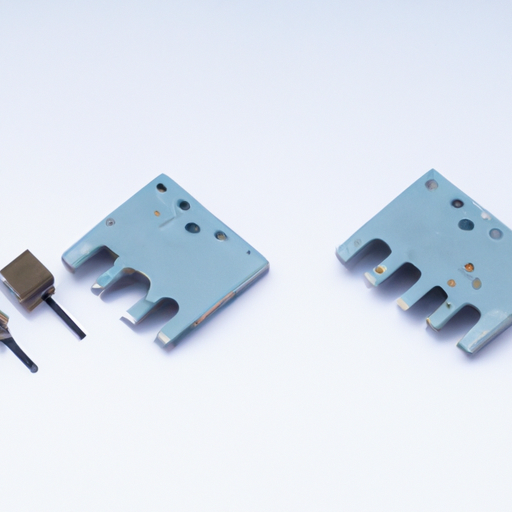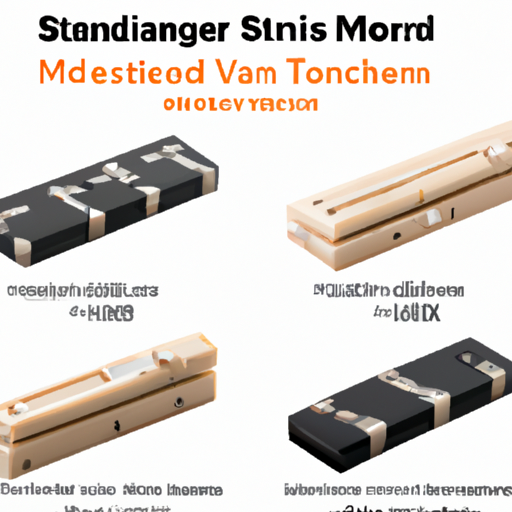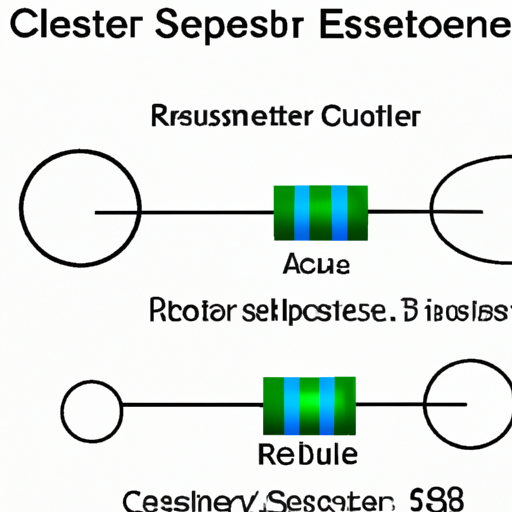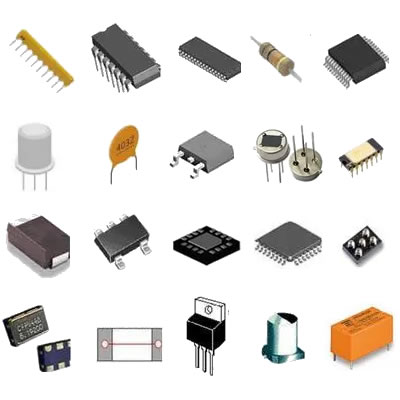What are the popular grounding resistor product models?
Popular Grounding Resistor Product Models
I. Introduction
A. Definition of Grounding Resistors
Grounding resistors are critical components in electrical systems, designed to limit fault currents and provide a safe path for electrical energy to dissipate into the ground. They play a vital role in protecting equipment and ensuring the safety of personnel by preventing dangerous overcurrents during fault conditions.
B. Importance of Grounding Resistors in Electrical Systems
In electrical systems, grounding resistors help maintain system stability and reliability. They are essential for minimizing the risk of electrical shock, equipment damage, and fire hazards. By controlling the fault current, grounding resistors ensure that protective devices, such as circuit breakers and fuses, operate effectively, thereby enhancing the overall safety of electrical installations.
C. Purpose of the Article
This article aims to provide an overview of popular grounding resistor product models, their features, applications, and the leading brands in the market. By understanding these aspects, readers can make informed decisions when selecting grounding resistors for their specific needs.
II. Understanding Grounding Resistors
A. What is a Grounding Resistor?
1. Function and Purpose
Grounding resistors serve to limit the amount of fault current that can flow through the grounding system. By introducing a controlled resistance, they help to reduce the potential difference between the ground and the equipment, thereby minimizing the risk of electrical shock and equipment damage.
2. Types of Grounding Resistors
There are several types of grounding resistors, including:
Neutral Grounding Resistors (NGR): Used to connect the neutral point of a transformer or generator to the ground.
System Grounding Resistors: Employed in various electrical systems to provide a safe grounding path.
Equipment Grounding Resistors: Used to protect specific equipment from overcurrents.
B. Applications of Grounding Resistors
1. Power Systems
In power systems, grounding resistors are used to limit fault currents and protect transformers, generators, and other equipment from damage during fault conditions.
2. Telecommunications
Grounding resistors are crucial in telecommunications to protect sensitive equipment from voltage surges and ensure reliable operation.
3. Industrial Equipment
In industrial settings, grounding resistors help safeguard machinery and personnel from electrical hazards, ensuring safe operation in potentially hazardous environments.
4. Renewable Energy Systems
With the rise of renewable energy systems, grounding resistors are increasingly used to protect solar inverters and wind turbines from fault conditions.
III. Key Features to Consider in Grounding Resistors
When selecting a grounding resistor, several key features should be considered:
A. Resistance Value
The resistance value of a grounding resistor is critical in determining how much fault current will be limited. It is essential to choose a value that meets the specific requirements of the electrical system.
B. Power Rating
The power rating indicates the maximum amount of power the resistor can handle without overheating. It is crucial to select a resistor with an appropriate power rating for the application.
C. Material and Construction
Grounding resistors are typically made from materials such as stainless steel, copper, or aluminum. The choice of material affects the resistor's durability, performance, and resistance to environmental factors.
D. Environmental Considerations
Grounding resistors should be selected based on the environmental conditions they will be exposed to, such as temperature, humidity, and potential corrosive elements.
E. Compliance and Standards
It is essential to ensure that the grounding resistor complies with relevant industry standards and regulations to guarantee safety and reliability.
IV. Popular Grounding Resistor Product Models
A. Model Overview
Here are some popular grounding resistor product models from leading manufacturers:
1. ABB Grounding Resistors
ABB offers a range of grounding resistors designed for various applications, including power systems and industrial equipment. Their models are known for high reliability and performance.
2. Siemens Grounding Resistors
Siemens provides a variety of grounding resistors that cater to different voltage levels and applications. Their products are recognized for their robust construction and compliance with international standards.
3. Schneider Electric Grounding Resistors
Schneider Electric's grounding resistors are designed for use in renewable energy systems and industrial applications. They offer a range of resistance values and power ratings to suit various needs.
4. Eaton Grounding Resistors
Eaton's grounding resistors are engineered for high performance and durability, making them suitable for critical applications in power systems and telecommunications.
5. Littelfuse Grounding Resistors
Littelfuse specializes in grounding resistors that provide excellent protection for sensitive electronic equipment, particularly in telecommunications and industrial settings.
B. Leading Brands and Manufacturers
The following brands are recognized as leaders in the grounding resistor market:
ABB
Siemens
Schneider Electric
Eaton
Littelfuse
C. Comparison of Product Models
When comparing grounding resistor models, consider the following factors:
1. Performance
Evaluate the performance of each model based on its resistance value, power rating, and construction quality.
2. Cost
Cost is an important factor, but it should not be the sole consideration. Assess the value provided by each model in terms of performance and reliability.
3. Availability
Ensure that the chosen grounding resistor model is readily available from suppliers to avoid delays in installation.
V. Case Studies and Applications
A. Industrial Applications
In a manufacturing facility, the implementation of ABB grounding resistors significantly reduced equipment failures caused by electrical faults. The controlled fault current allowed for the safe operation of machinery, enhancing productivity and safety.
B. Renewable Energy Applications
A solar energy company utilized Schneider Electric grounding resistors to protect their inverters from overcurrents. This implementation improved the reliability of the solar power system and ensured compliance with safety standards.
C. Telecommunications Applications
In a telecommunications network, Littelfuse grounding resistors were installed to safeguard sensitive equipment from voltage surges. This application resulted in fewer equipment failures and improved service reliability.
VI. Maintenance and Best Practices
A. Regular Inspection and Testing
Regular inspection and testing of grounding resistors are essential to ensure their continued effectiveness. This includes checking for signs of wear, corrosion, or damage.
B. Replacement Guidelines
Grounding resistors should be replaced if they show signs of significant wear or if they no longer meet the required specifications for the application.
C. Safety Considerations
Always follow safety protocols when working with grounding resistors, including proper personal protective equipment (PPE) and adherence to electrical safety standards.
VII. Conclusion
A. Summary of Key Points
Grounding resistors are vital components in electrical systems, providing safety and reliability. Understanding their features, applications, and popular product models can help in selecting the right resistor for specific needs.
B. Future Trends in Grounding Resistor Technology
As technology advances, we can expect improvements in grounding resistor design, including enhanced materials, better performance, and increased compliance with evolving safety standards.
C. Final Thoughts on Choosing the Right Grounding Resistor
When selecting a grounding resistor, consider the specific requirements of your application, including resistance value, power rating, and environmental factors. By choosing the right product, you can ensure the safety and reliability of your electrical systems.
VIII. References
A comprehensive list of sources and further reading materials can be provided to enhance understanding and knowledge of grounding resistors and their applications.





